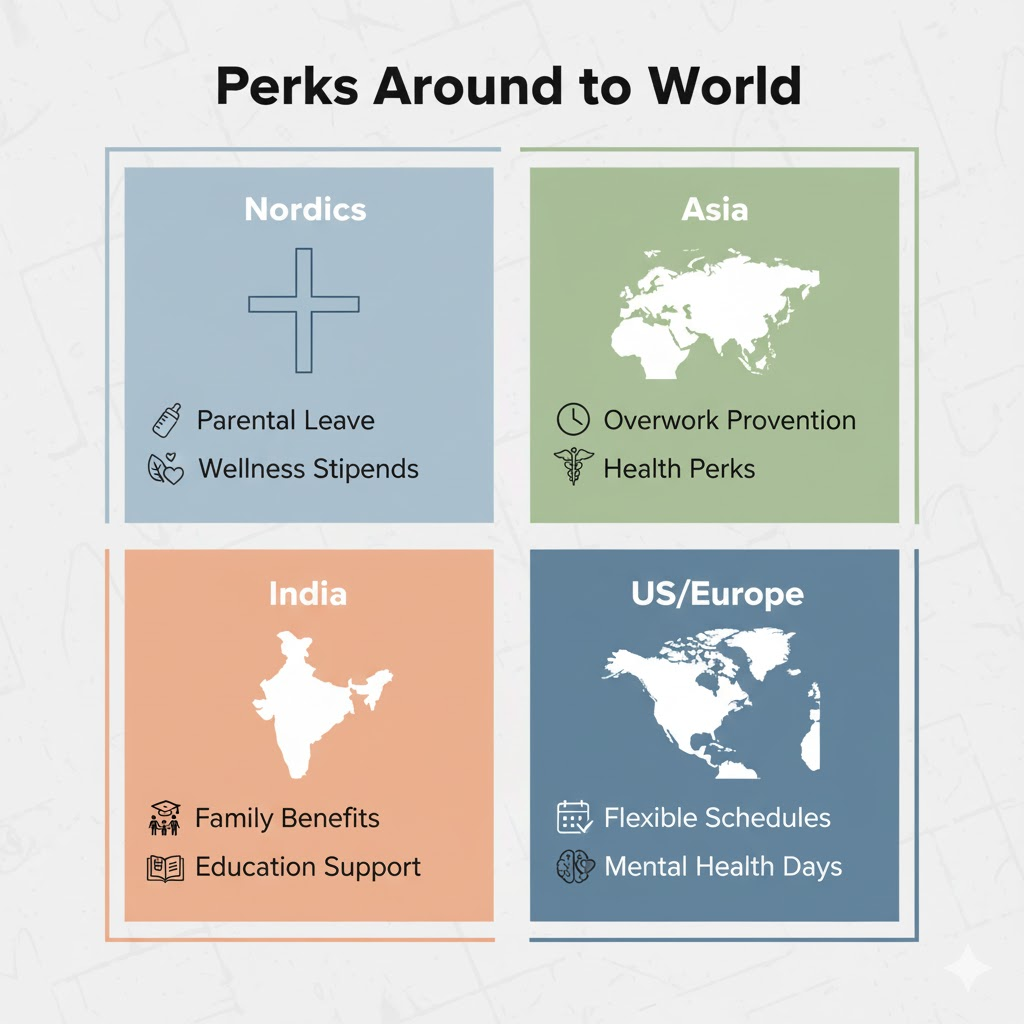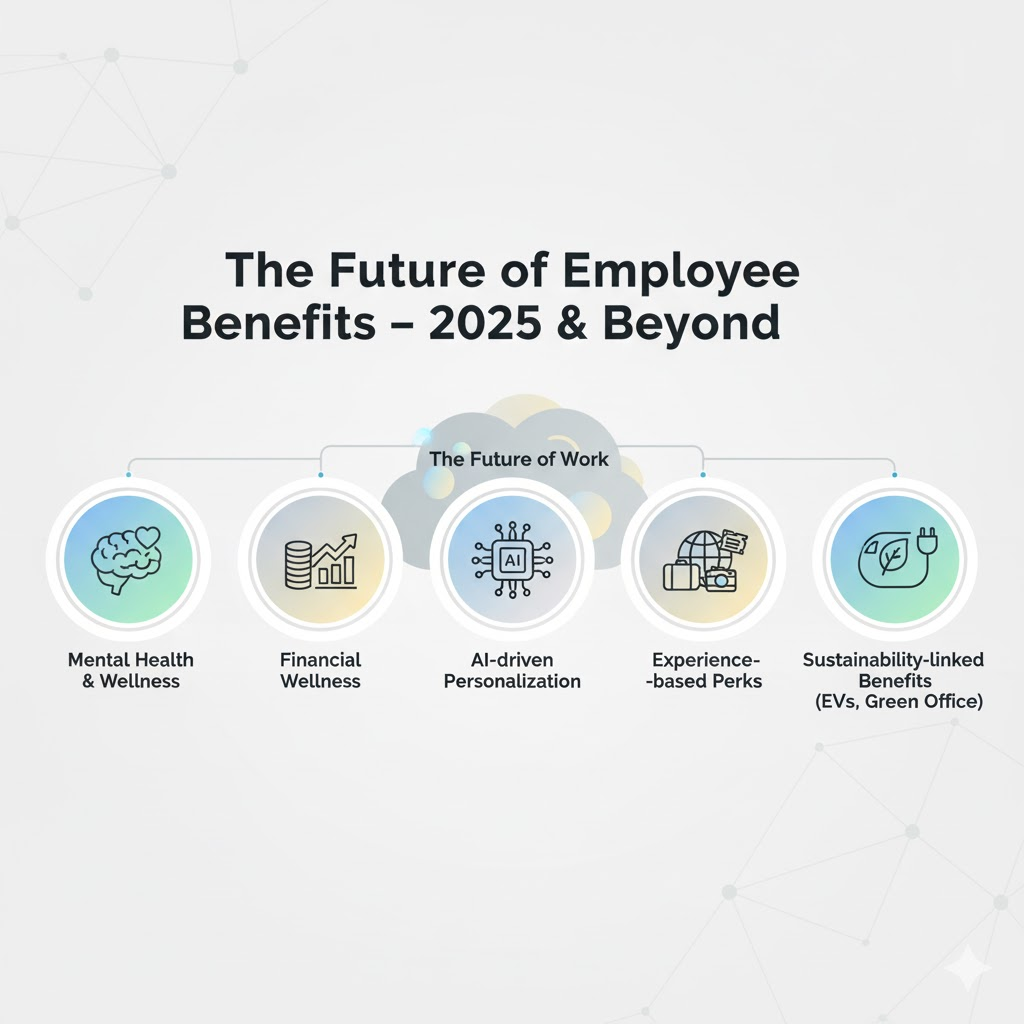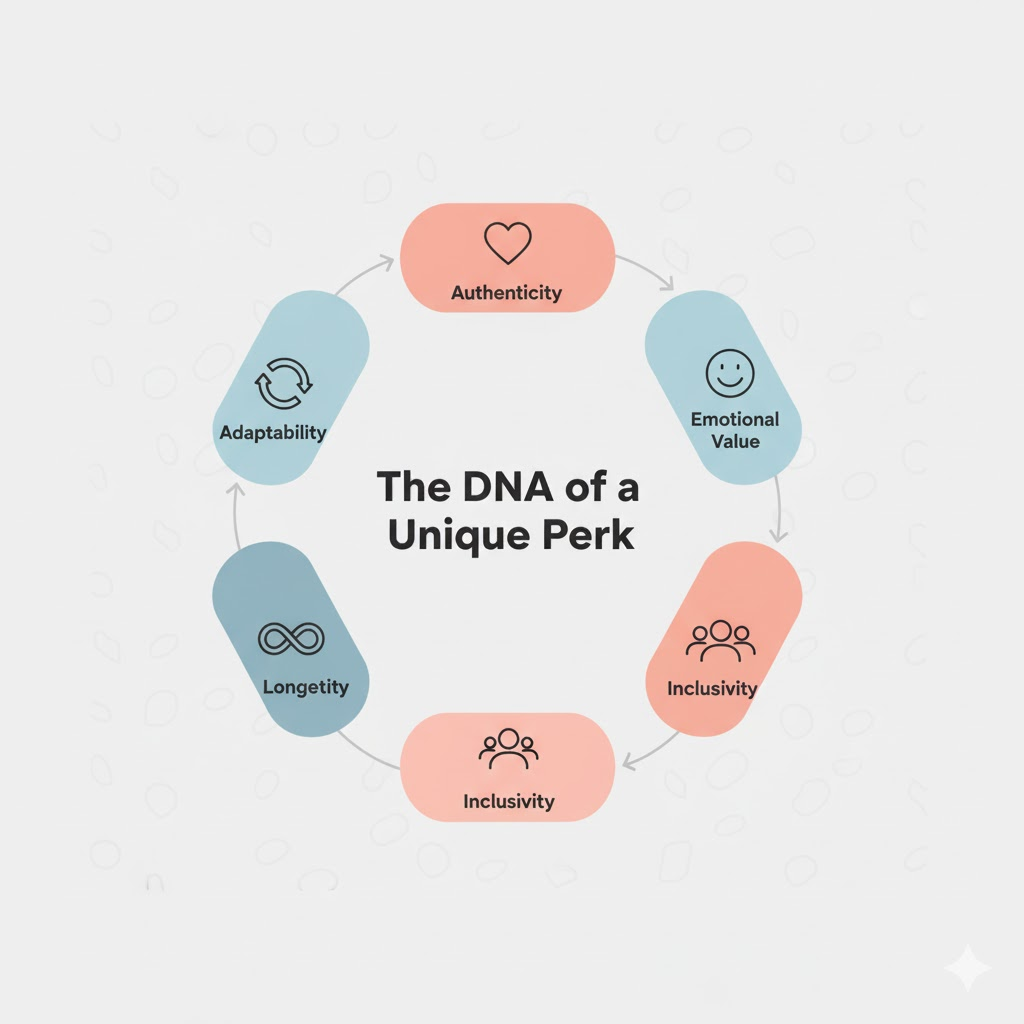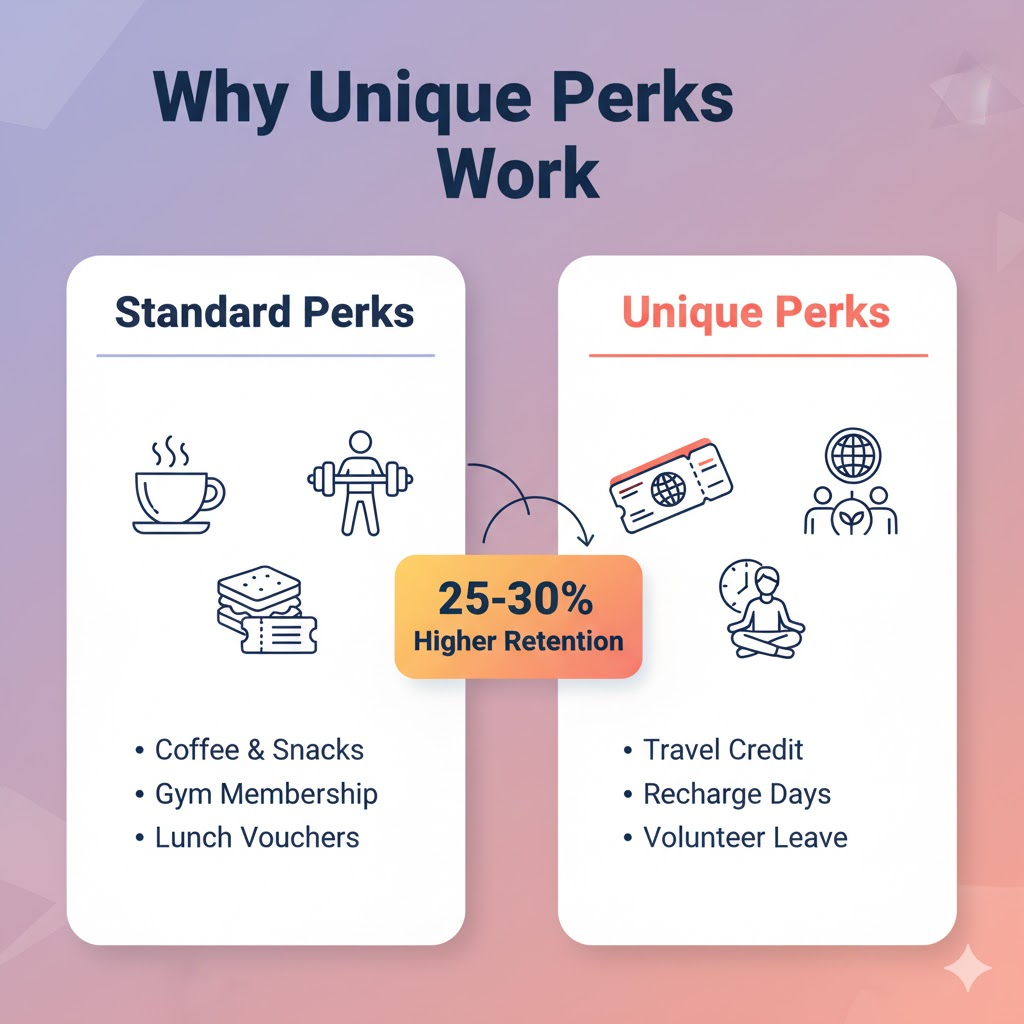Some companies offer a cash bonus for tenure. Others, like a few creative startups in Japan, send employees on mandatory leisure trips to disconnect completely from work. And some go further — offering perks like free skydiving lessons, pet stipends, or even student loan forgiveness.
Employee perks have evolved far beyond gym memberships or coffee machines. In a world reshaped by hybrid work and shifting priorities, companies now compete not just on salaries, but on how they make employees feel valued and supported.
Perks are no longer “extras.” They are powerful tools for retention, engagement, and employer branding. A well-crafted benefit can communicate a company’s culture more strongly than any slogan.
In this article, we explore the most unique and meaningful employee perks from around the world — why they exist, what they reflect about work culture, and what lessons organizations can take from them.
The nature of work has transformed since 2020. As hybrid and remote work became mainstream, employees began to prioritize flexibility, mental health, and purpose over traditional benefits.
Modern perks reflect this shift. Instead of one-size-fits-all policies, companies now design experiences that support whole-person well-being. For instance:
The pandemic blurred the boundaries between home and work. Companies that recognized this began baking empathy into their HR design — offering benefits that sustain balance, trust, and belonging.
Perks are now core to company culture, not just a hiring tactic. Organizations use them to showcase what they value — creativity, adventure, learning, or inclusivity.
From free ice cream to paid global travel, some companies have turned employee perks into works of art. Here are standout examples from across the world, categorized by region and theme.
These perks often align deeply with local values and company identity. For example, Sweden’s emphasis on equality informs Spotify’s global parental policy. Meanwhile, Japan’s strict overwork culture led Panasonic to design protective rest laws.

Different regions highlight different definitions of “employee happiness.”
Nordic Countries (Sweden, Finland, Denmark)
Japan
India
United States
Europe (France, Germany, Netherlands)

The next wave of employee benefits will focus on personalization and sustainability.
1. Wellness & Mental Health Integration
Companies are embedding mindfulness, therapy sessions, and even on-demand counseling apps into their perks ecosystems.
2. Financial Wellness Support
Student loan repayment programs and personal finance coaching are increasingly popular, especially among Gen Z employees.
3. AI-Driven Personalization
AI tools analyze employee preferences to recommend custom benefit mixes — fitness memberships, childcare vouchers, or learning credits.
4. Experience-Based Benefits
Organizations offer travel, volunteering, or creative sabbaticals, turning perks into life experiences.
5. Sustainability-Linked Perks
Green mobility programs (EV subsidies, bike stipends) and carbon-offset vacations align employee well-being with environmental impact.

Not every creative idea qualifies as a truly unique perk. What separates standout benefits from standard ones is alignment and intent:
Spotify’s parental leave works globally because it mirrors its inclusive, people-first brand. Similarly, Airbnb’s travel credit is both symbolic and practical — a reflection of its product mission: “Belong Anywhere.”

Unique perks succeed because they strengthen trust and emotional connection.
They:
For example:
These companies demonstrate that a well-designed perk is an investment in human sustainability — not just HR branding.
From free ice cream at Ben & Jerry’s to mindfulness apps at Google, today’s perks showcase how companies are reinventing the employee experience. As work continues to evolve, the most forward-thinking organizations will design benefits that reflect not just what employees need, but who they are.
HR leaders should see perks as cultural signals, not checkboxes — shaping how people feel, perform, and stay connected. So, whether it’s a paid adventure trip or a quiet day off for mental health — the message is the same: “We value you as a whole person.”